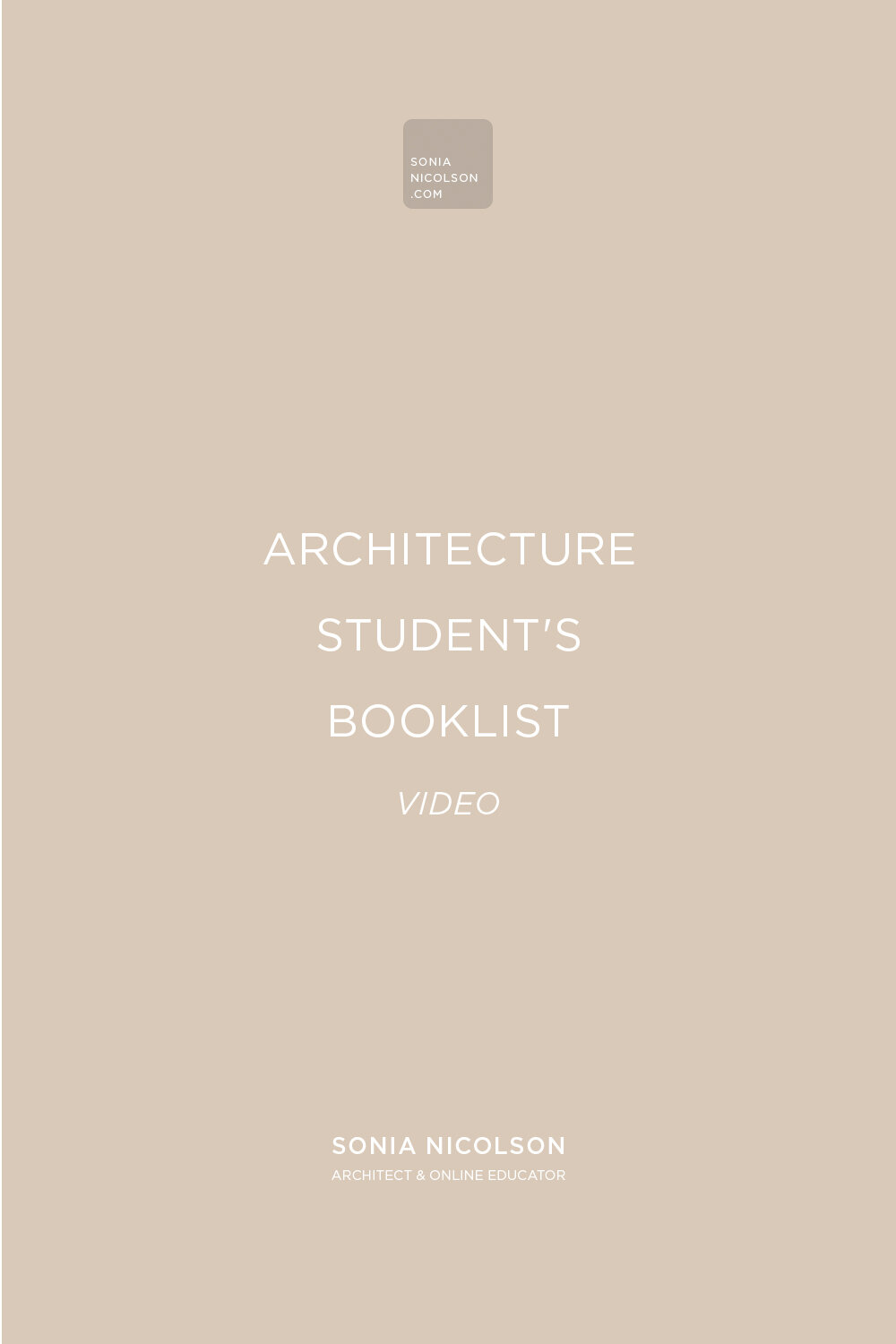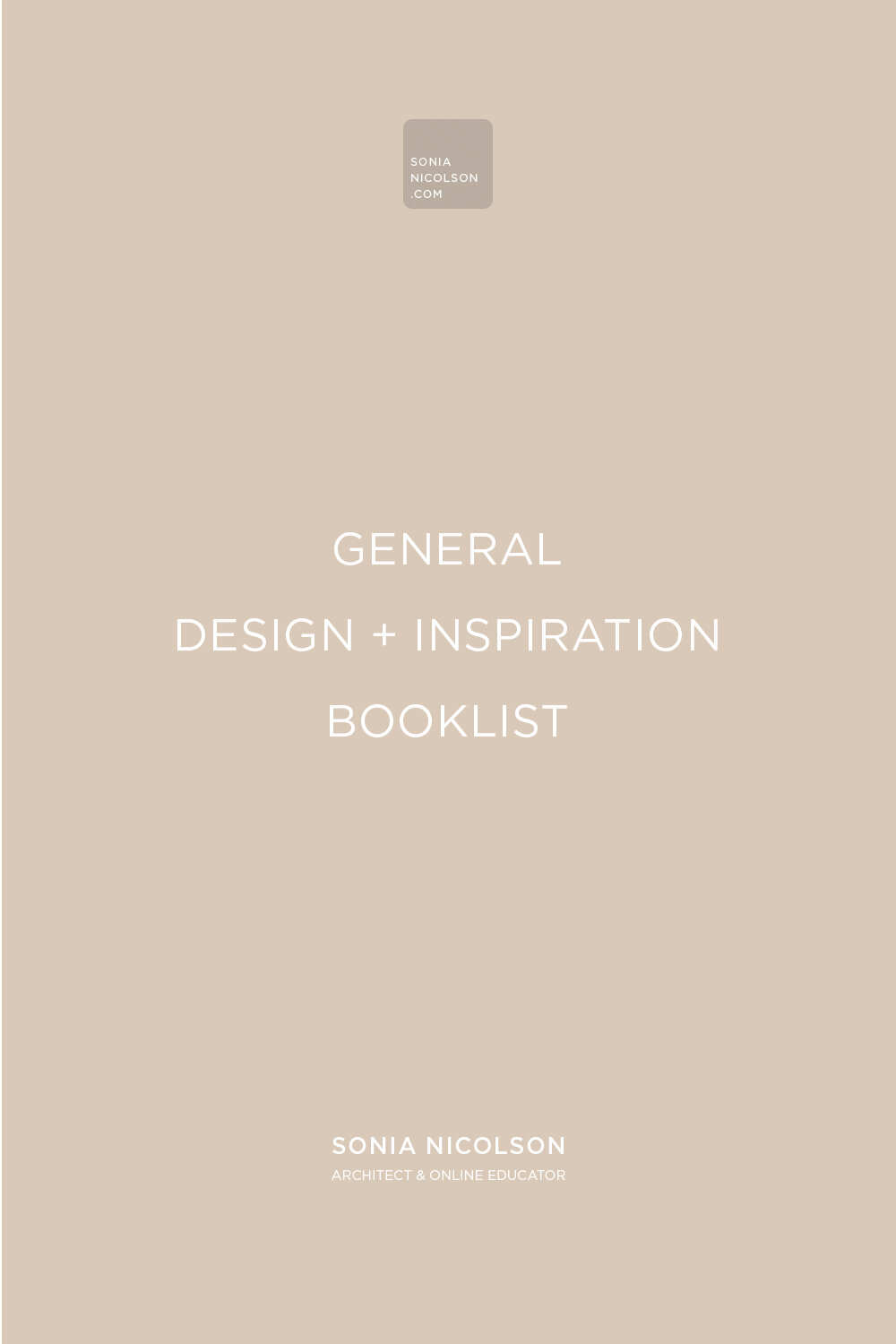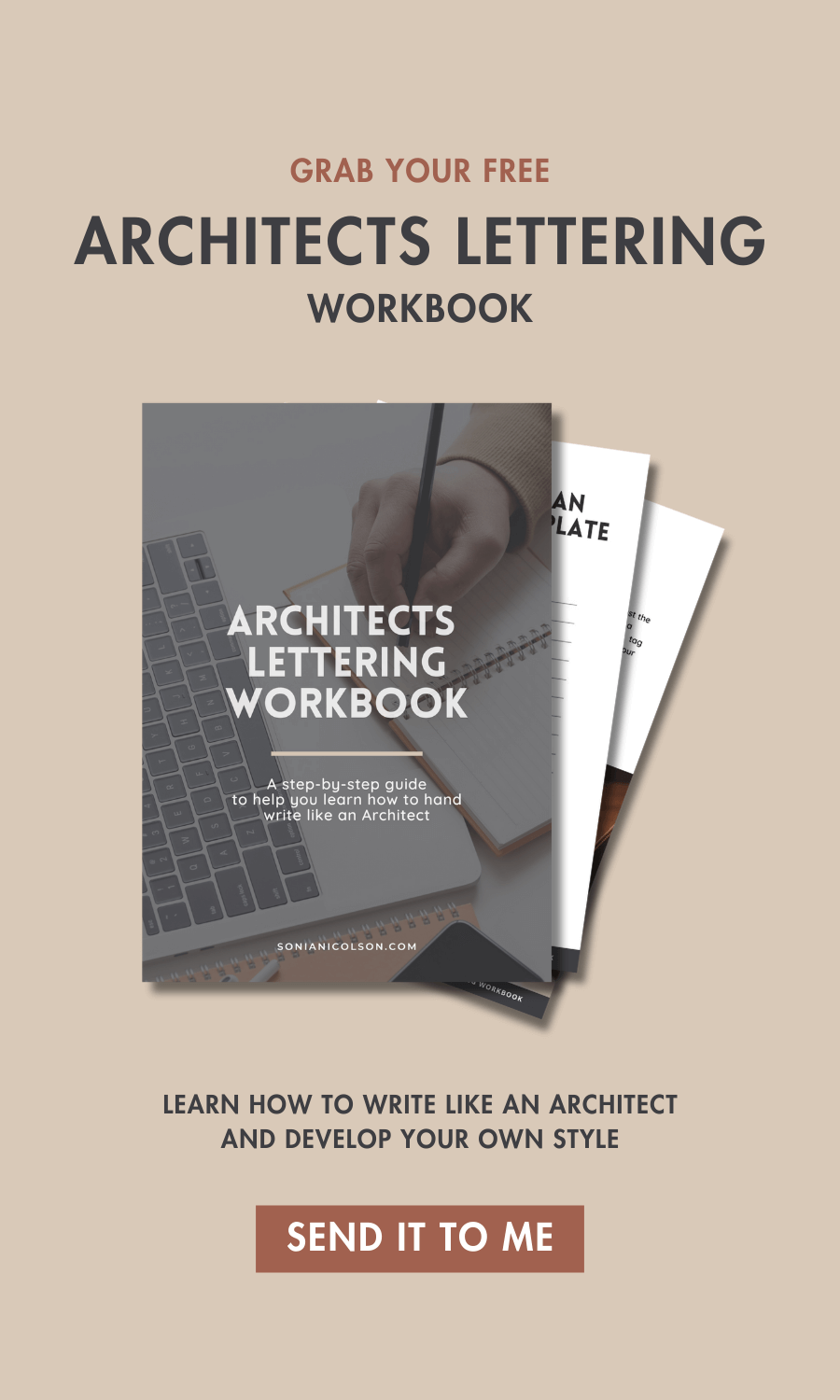Arrive 5-10 mins early
Don’t be late, it’s rude and shows that you aren’t organised.
If something happens outside of your control, call ahead and let the person interviewing you know (know their name for the university switchboard or reception to put your call through or have the office’s phone number to hand).
My advice for the Interviewee
AKA: the applicant (you), nervously clutching your sketchbooks and portfolio, sitting awkwardly in the welcome talk.
Relax.
It’s going to be OK and you are probably really prepared - you’ve done the hard work, now is the time to show it all off.
Use this time to speak to the person who is interviewing you. Ask them about the University or College, its students, the course, staff, the way they teach, and the way they expect you to work and learn. Discuss the projects you will do, and the experience current students are having.
Walk around the campus and check out all the facilities, ask for a tour if there is not one on offer and see if you can meet some of the existing students to ask them the questions you do not want to ask the staff.
Take photos and note to help you remember, and check out the course blog if they have one.
The Interviewer: probably someone from the course team (teacher), the person making the decision and so - the person to show off to - but do not go over the top, be yourself.
WHAT THEY WILL ASK YOU
1. Explain your choice for this course, University/College
Yes, this interview is for the academic interviewing you to determine if you are a good fit for the course but it’s also an opportunity for you to see if the course and university are a good fit for you.
Trust your gut on this, you will get a good feeling if it's the right fit for you.
2. Have a relevant story you’re ready to share
An ice breaker - this is often used to get you to share something personal about the subject and why you’re interested in studying it. Name 2 designers you admire
A classic interview question so be prepared and have your designers at the ready. Know how to pronounce their name, some projects, and their style of work. Usually, this isn’t to judge you but more to get you talking about design and inspiration.
If you are applying for Interior Architect then talk about a building you visit where you liked it, why? How did it make you feel, do you know how to style it is in, what materials are used, etc. It is good to have thought this through beforehand as it will act as an ice breaker and start the conversation moving along.
Good examples can be:
A building you’ve visited
A small project you have completed or are working on
A trip you took
A summer job you had
Someone who works in the industry that you know
3. Name 2 Designersyou admire
A classic interview question so be prepared and have your designers at the ready. Know how to pronounce their name, know of some of their key projects, and be able to discuss their style of work.
This question, if asked, isn’t in here to judge you but more to get you talking about design and inspiration.
If you are applying for Interior Architecture then talk about a building you visit and why you liked it. How did it make you feel, what do you know about its design style, the materials used, etc.
It’s good to have thought this through beforehand as it will act as an ice breaker and start the conversation moving along.
Show your work - the Portfolio
The interviewer will ask to see the work you have brought with you. Take your portfolio, or laptop, and put it on the table. Flick through the work, giving a short explanation of each piece.
Try to show a good mixture of work, and medium and if you have large pieces or models then bring in photographs of the work.
Do not undersell yourself, your work took you a lot of time and effort - do it justice and talk about it with passion and energy.
If this sounds daunting and you would like a little bit more help, we offer portfolio assistance to help you best prepare.
Thank the interviewer for their time
Try to end on a positive note, and show the interviewer that you are ready and eager to join the course. Ask any remaining questions before thanking them for their time.
Asking questions can be helpful for both you and the interviewer. Have at least 2 questions in mind. You don’t need to be overly keen but if you have something worth asking, ask away.
Speak to other students and candidates
The other student interviewing might turn out to be your future classmates, coursemates, roommates, etc so it's worth chatting with them. Ask where else they’re applying, what they thought of this course, and where they’re from. If you get on with them, get their contact details or find them on Facebook, there’s no hard in making the connection. Start networking now.
Ask for a tour of the campus
It’s good to see around the campus, especially the places where you would be studying - it’s even better if this tour is done by current students as you can ask them for real insight.
Find out what they think of the course, tutors, projects, workload, university, accommodation, etc.
Try to take some time on your own to look around the university. Take a walk into town. Get a feel for the area as it might be your home for the next 3+ years.
Reflect
You don’t have to make a pro/con list but have a think about, and compare, this university course to wherever else you interviewed before accepting your place.
















